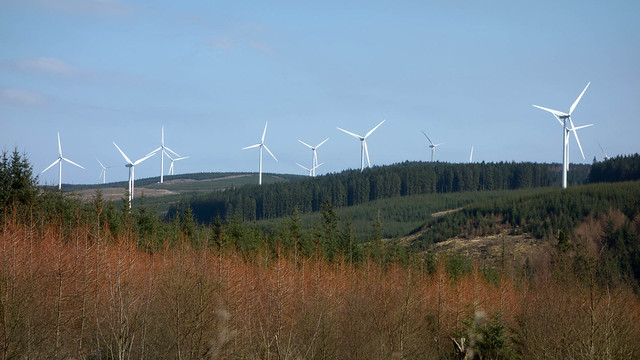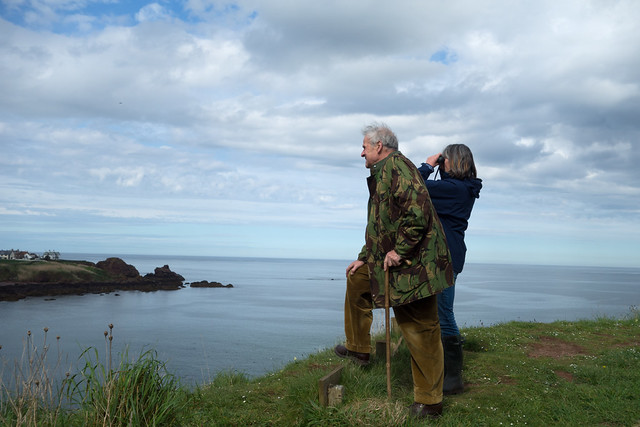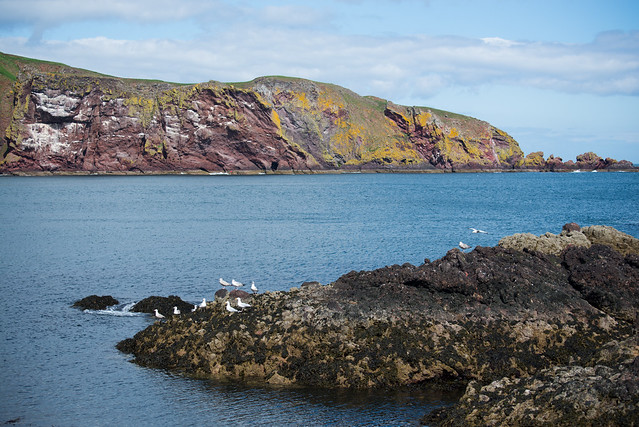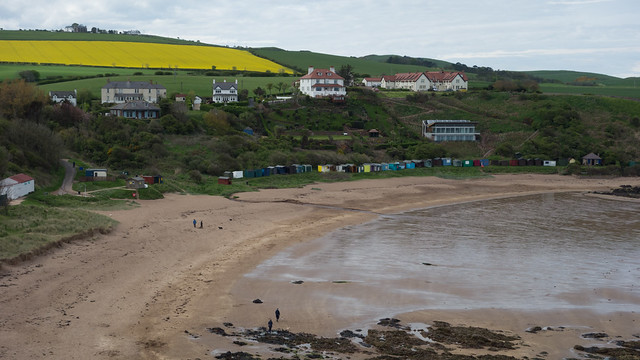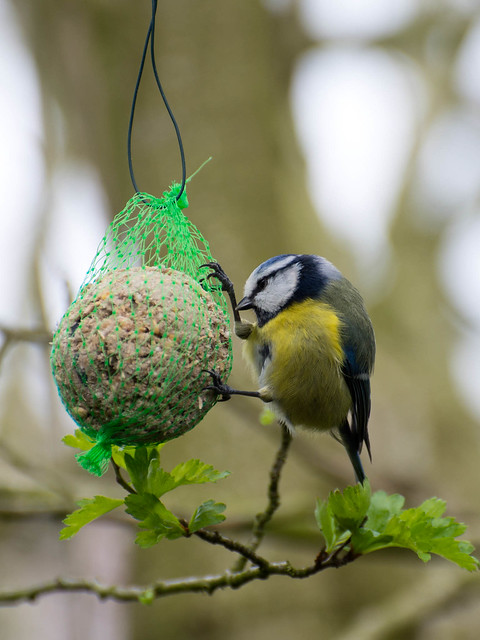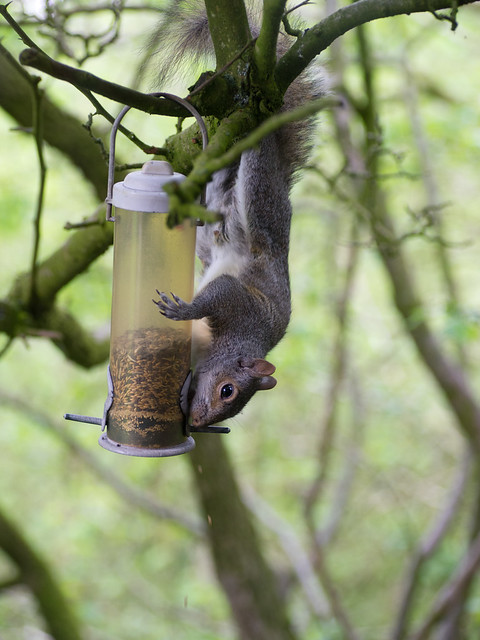Our latest paper, Can we trust climate models? has just appeared on the Wiley website (open access thanks to our Japanese friends who paid for this). To save a click, here's the abstract:
What are the predictions of climate models, should we believe them, and are they falsifiable? Probably the most iconic and influential result arising from climate models is the prediction that, dependent on the rate of increase of CO2 emissions, global and annual mean temperature will rise by around 2–4°C over the 21st century. We argue that this result is indeed credible, as are the supplementary predictions that the land will on average warm by around 50% more than the oceans, high latitudes more than the tropics, and that the hydrological cycle will generally intensify. Beyond these and similar broad statements, however, we presently find little evidence of trustworthy predictions at fine spatial scale and annual to decadal timescale from climate models.The paper was invited by the editors some time ago, under a slightly different title but they didn't object to us changing this to something that we felt matched the content a little better. The original plan was for two papers to appear together, with the other one written by a prominent sceptic. However, this seems to have fallen by the wayside. Although we could probably have guessed what they were likely to write, we didn't really want to take part in a direct debate, so rather than aguing against straw man criticisms we just tried to set out our own ideas. Given how it turned out I'm glad we did this! Writing this paper also fitted in well to our personal plans, as we had already pretty much decided at that time to leave Japan, and this gave us a good opportunity to summarise and review some work (including our own) when we weren't really minded to embark on a big new ambitious plan of research. I don't think our argument is likely to be considered controversial - perhaps some might think we are a little pessimistic about the regional performance of models (by which we basically mean anything less than hemispheric) but our recent work with paleoclimate really has brought home to us that they don't get much right about patterns on this sort of scale, even for temperature still less precipitation.
The reviewers made some helpful comments, perhaps the only real criticism was that we sounded like a bland consensus and weren't really making an opinionated statement as might be hoped for in an "opinion" article. But we wanted to say what we thought was correct and justified (ie, a true summary of our opinions), rather than being artificially controversial. I'll be very happy if the paper is seen as a useful summary of how much we can trust climate models, and why.


